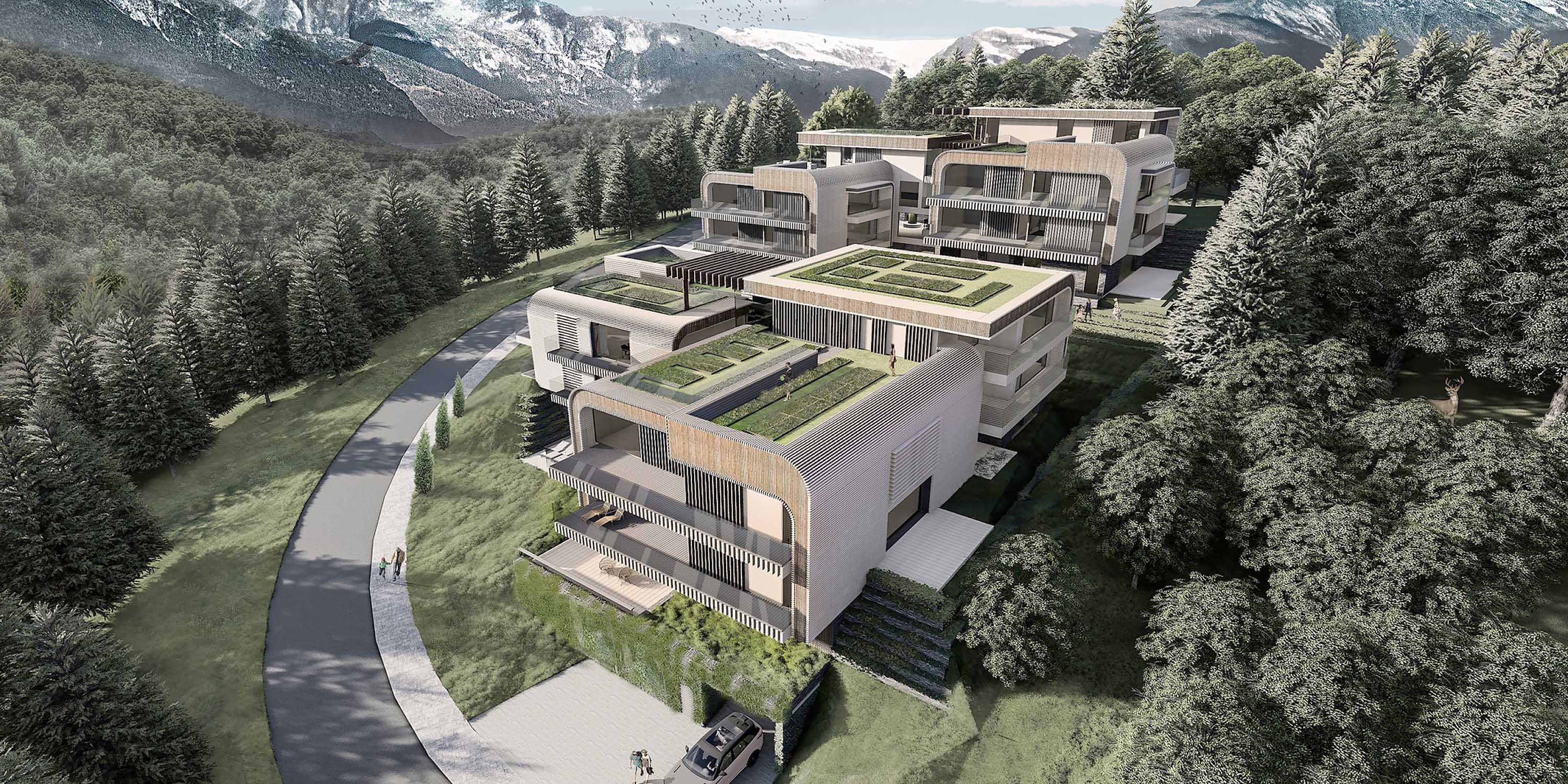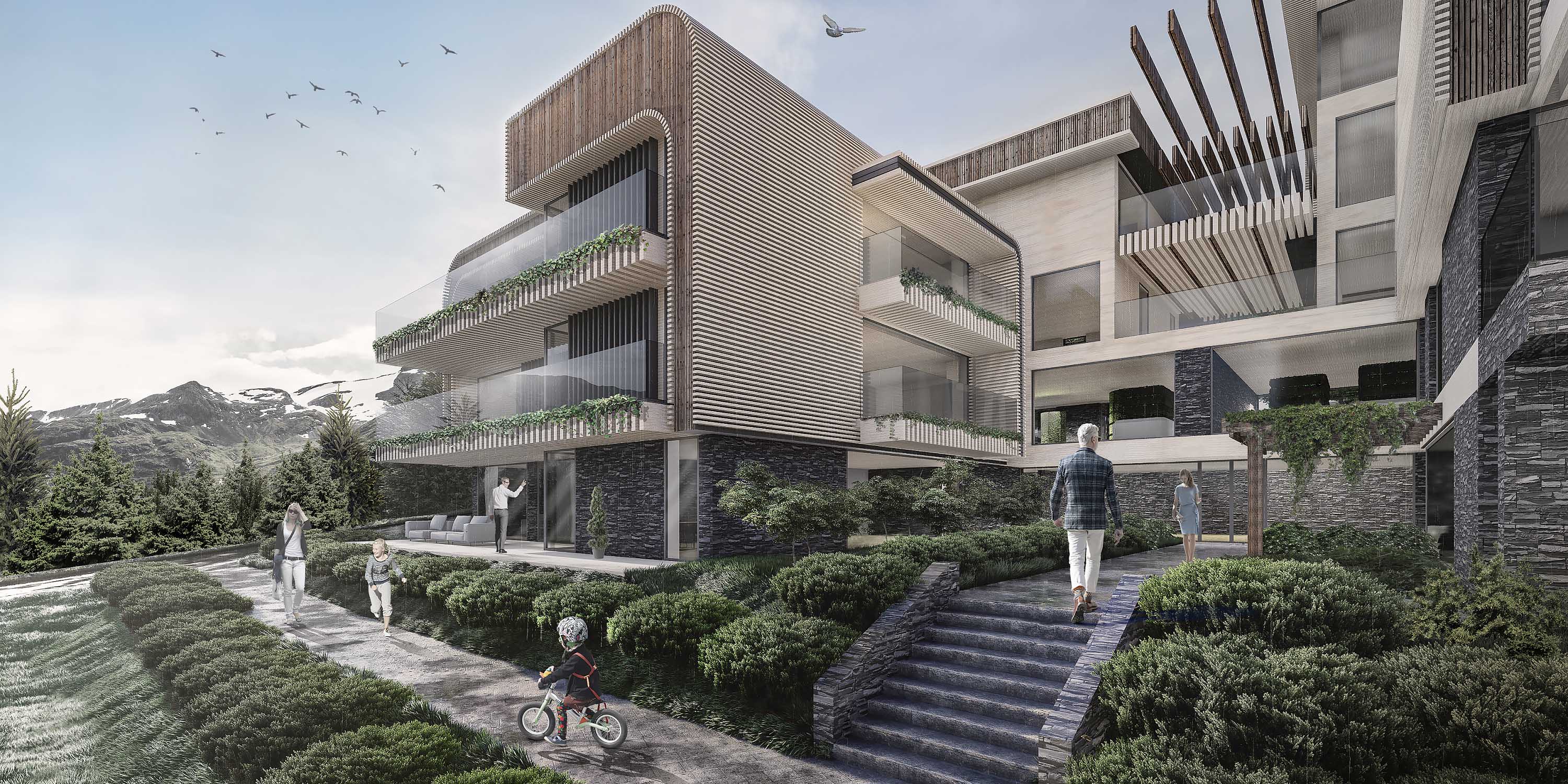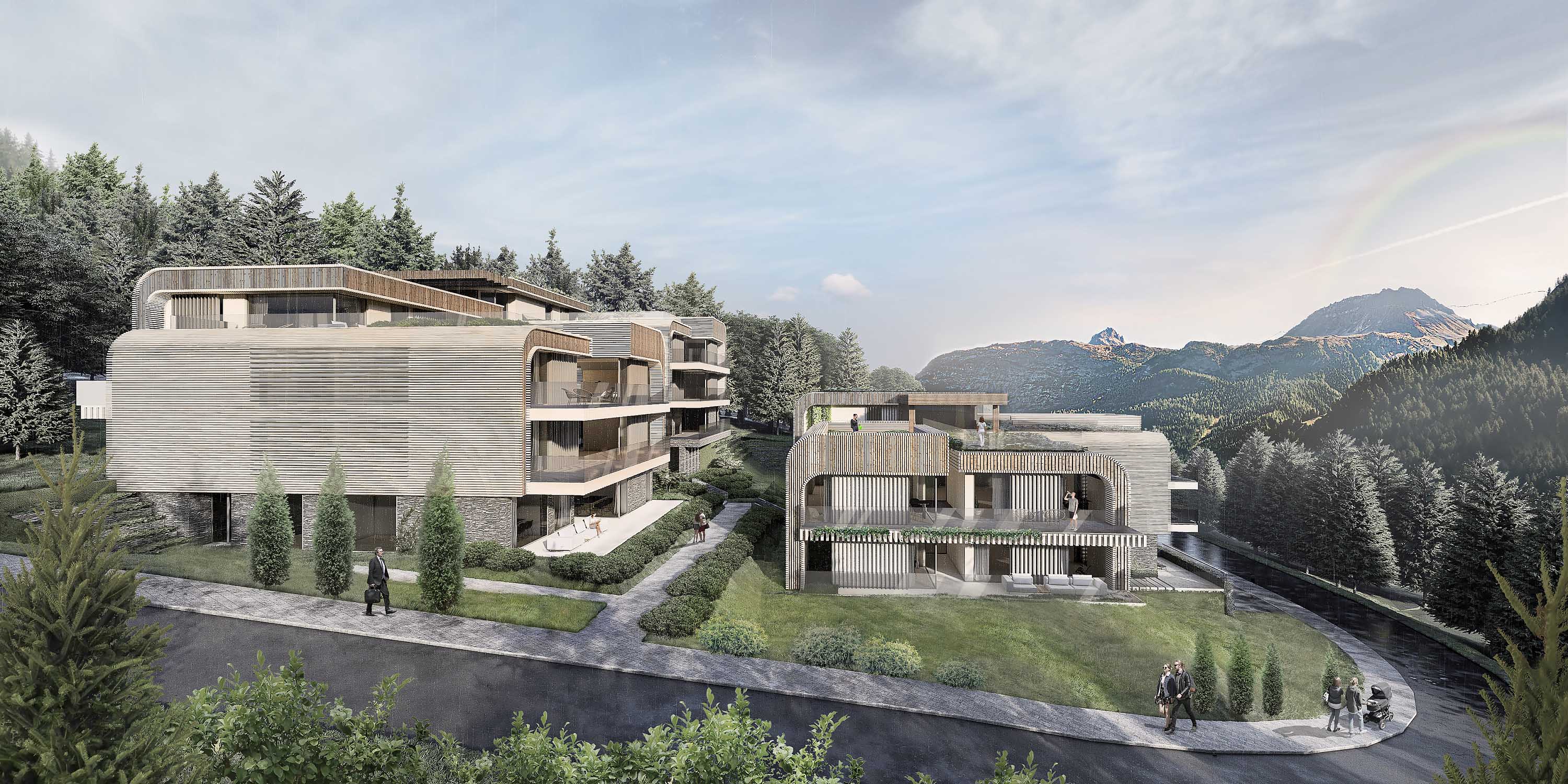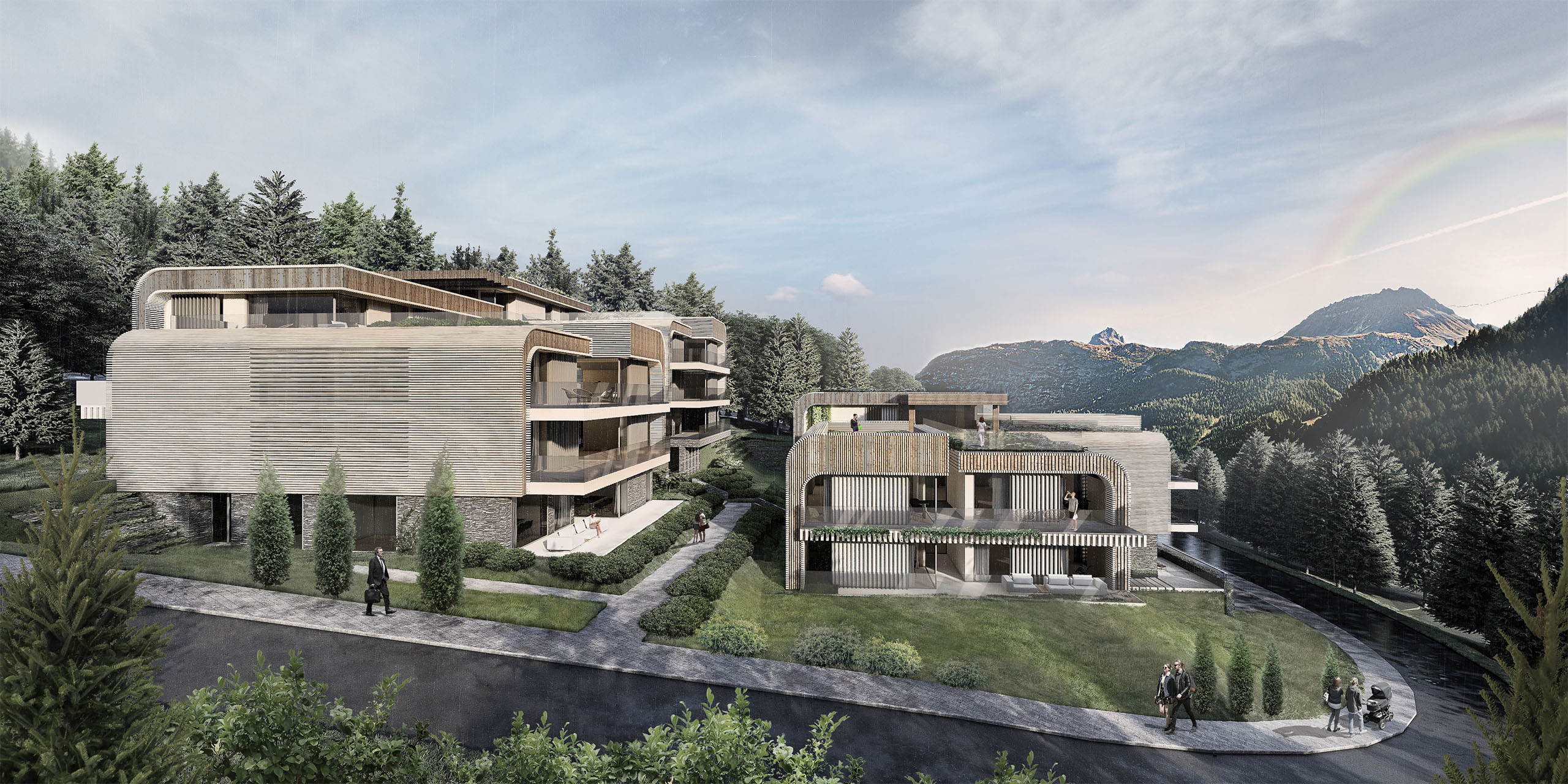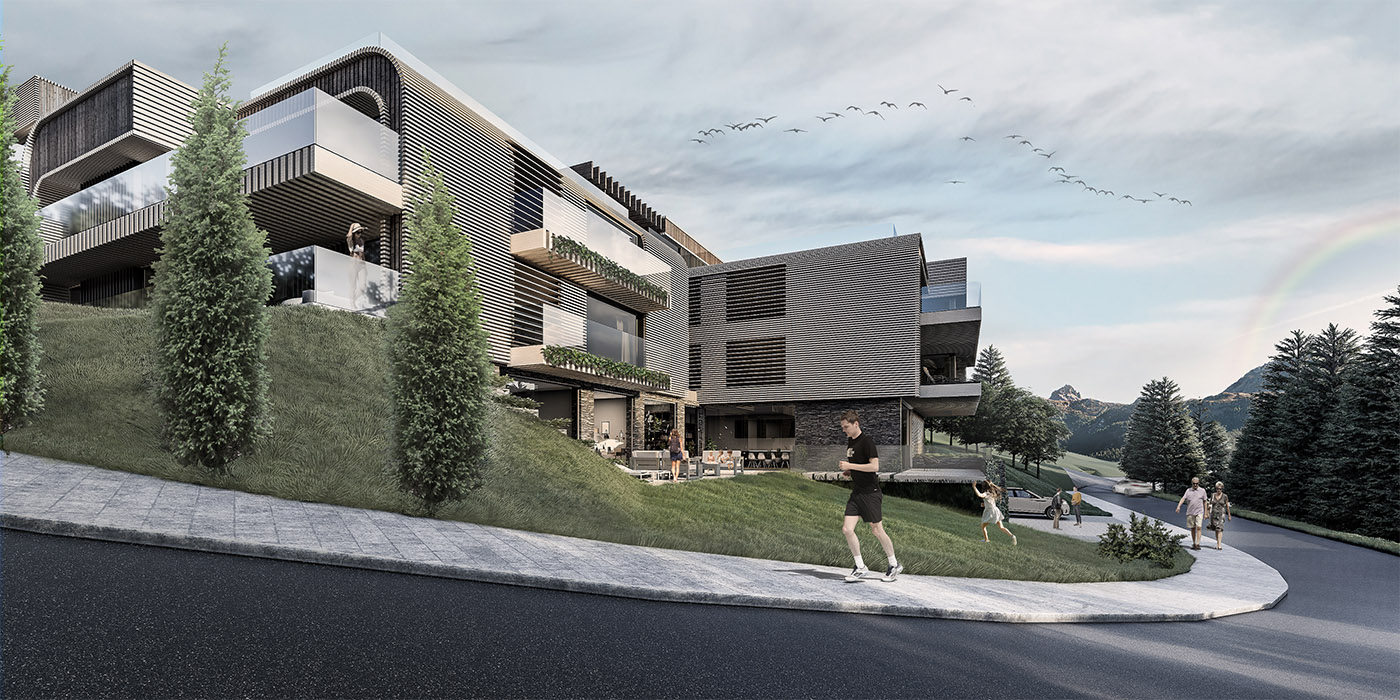
concept
Eco Farm is unique place for the next generation of urban retirement and young family housing. It presents a residential farming typology for Norway, that combines apartments and facilities focussed on but not exclusively elderly and family living in an urban farming. The residents live in a farming environment, created by the vegetable farm, where they may also find employment, get activated, socialized and where elderly can help young busy families with kids and they everyday activities. KATRINA URBANIK's aim is to generate discussion about the potential that can emerge from the mixing of two typically separate realms. The research-based design addresses two pressing challenges faced by Norway: how the city-state might support a rapidly ageing society and busy families, and how it might enhance its greens and fruits security which is currently imported and very unhealthy.
sustainable bio living
Agriculture in this project merge to promote the respect of nature and the protection of the residents' health, using a production model that requires less chemical and energy inputs but can reach an annual output of more than 30 kilos of organic fruit and vegetables per square meter (4 pounds per square foot). Through local fair-trade stores, we try to progressively reconcile the economic dimension with the social and political approach of a type of agriculture that is more integrated into society.
Our residents are the new urban farmers, that will develop eco-farm in a sustainable, interdependent way and eliminate CO2 as well as greenhouse gasses. In this project the residents will fertilize the soils with compost and green fertilizers, thus maintaining moist humus and plant-based biomass levels that sequestrate carbon and ensure durable fertility. Systematic use of diversified crops will be common, which by increasing biodiversity save using chemicals, fertilizers, pesticides, insecticides and fungicides. Minimal tillage such as mulch or non-ploughing, thus preserving microorganisms and a permanent plant cover that structure the soil and limit erosion.
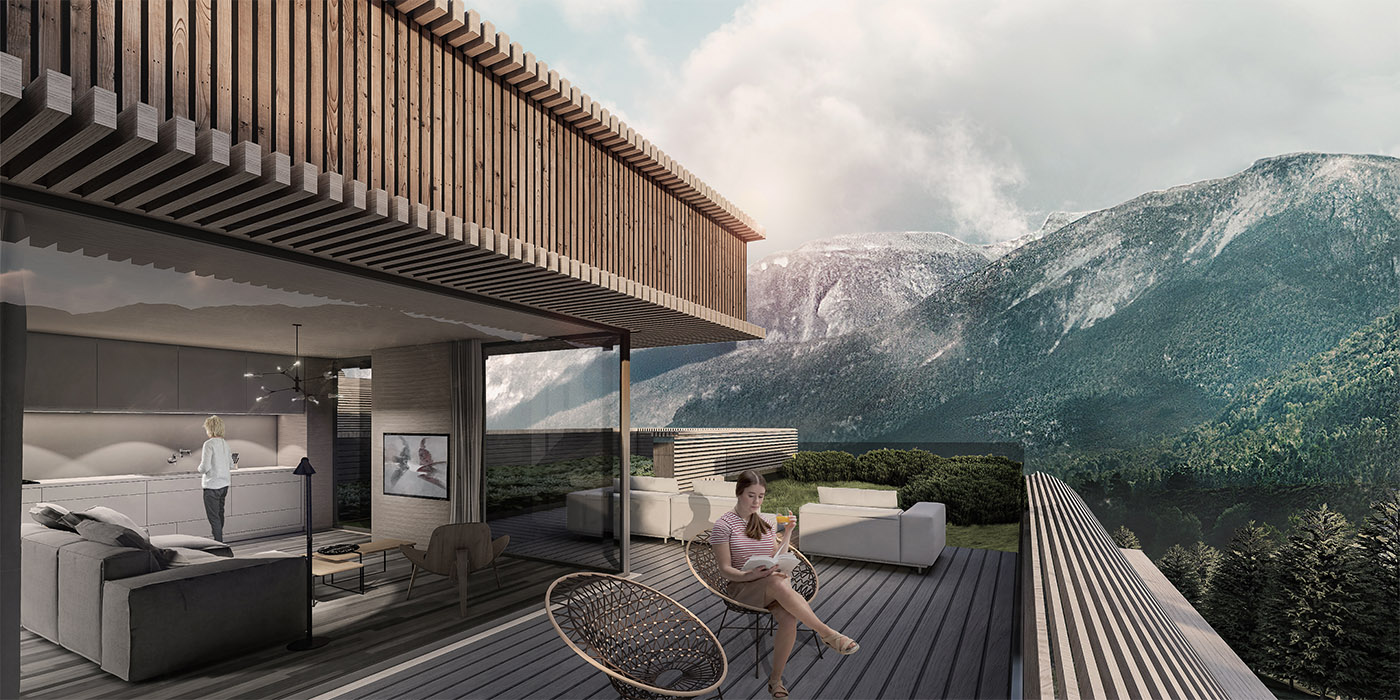
Growing
self-reproducing, diverse endemic crops, and privileging the use of less hydrophilic ancestral seeds will be a natural part of this eco-farm. KATRINA URBANIK will support the residents with researching alternative methods such as milpa or push-pull, whose complementary crops preserve the soils' ecological balance while promoting natural and biodegradable phytosanitary treatments against parasites. Collecting and optimizing rainwater resources by putting micro-dams and small filtrating embankments in place to replenish groundwater will support our sustainable growing process.
